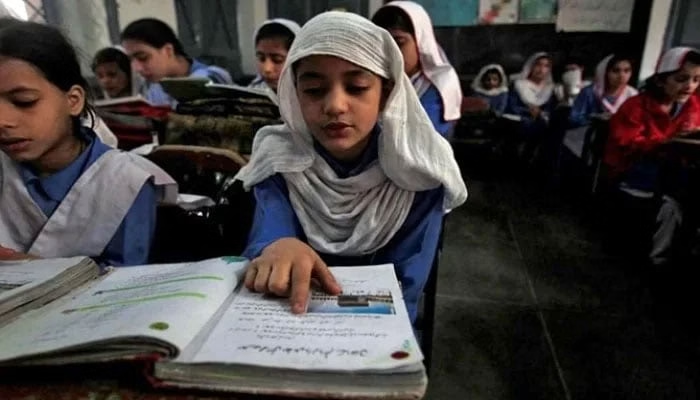On the occasion of World Population Day, former President Asif Ali Zardari highlighted the critical issue of rapid population growth in Pakistan, urging all stakeholders to collaborate in addressing this pressing challenge. In his message, Zardari emphasized the need for a collective effort to manage the impacts of an increasing population on the country’s resources and development.
Zardari noted that according to the 2023 census, Pakistan’s population is growing at an alarming rate of 2.55%. Projections indicate that the population is expected to reach 263 million by 2030 and could soar to 383 million by 2050. He stressed the importance of understanding the social and economic implications of this rapid growth, which poses significant challenges to sustainable development.
“The impact of a rapidly growing population on social and economic development has to be understood,” Zardari stated. He pointed out that the majority of Pakistan’s population consists of youth, who represent a dynamic force with immense potential to lead the nation toward prosperity. To harness this potential, Zardari called for increased access to quality education, healthcare, and employment opportunities for young people.
Zardari also addressed the imbalance between resources and population, which adversely affects access to opportunities and overall quality of life. “The imbalance between resources and population affects access to opportunities,” he remarked. This imbalance is evident in the transformation of agricultural land into residential areas to accommodate the growing population, which further strains the country’s resources.
To tackle these issues effectively, Zardari urged all stakeholders, including government bodies, private sectors, and civil society organizations, to work together. He highlighted the importance of data availability for informed decision-making and effective policy formulation. “The availability of data is important for family planning. With the help of data, it will be possible to make informed decisions and create effective policies,” he said.
The former president’s message underscored the urgency of addressing the population growth challenge to ensure sustainable development and improve living standards for all Pakistanis. He stressed that managing population growth is not just a governmental responsibility but a collective effort that requires the active participation of all sectors of society.
Zardari’s call to action includes several key areas of focus:
Education: Enhancing access to quality education is crucial for empowering the youth and preparing them for future challenges. Education not only equips individuals with the skills needed for the workforce but also promotes awareness about family planning and sustainable living practices.
Healthcare: Improving healthcare services, particularly in reproductive health, is essential for controlling population growth. Accessible and affordable healthcare can ensure that families have the necessary resources and knowledge to make informed decisions about family planning.
Employment Opportunities: Creating job opportunities for the youth is vital for economic growth and stability. By investing in industries that can absorb a large workforce, Pakistan can harness the potential of its young population and reduce economic disparities.
Sustainable Resource Management: Efficient management of natural resources, including water and agricultural land, is necessary to support a growing population. Policies that promote sustainable agricultural practices and responsible urban planning can help mitigate the adverse effects of population growth.
Data-Driven Policy Making: Utilizing accurate and up-to-date data is critical for formulating effective policies. Reliable data can help identify trends, allocate resources efficiently, and monitor the impact of implemented strategies.
Asif Ali Zardari’s message on World Population Day serves as a clarion call for urgent and coordinated efforts to address the rapid population growth in Pakistan. By focusing on education, healthcare, employment, sustainable resource management, and data-driven policies, Pakistan can navigate the challenges posed by its growing population and pave the way for a prosperous future.



